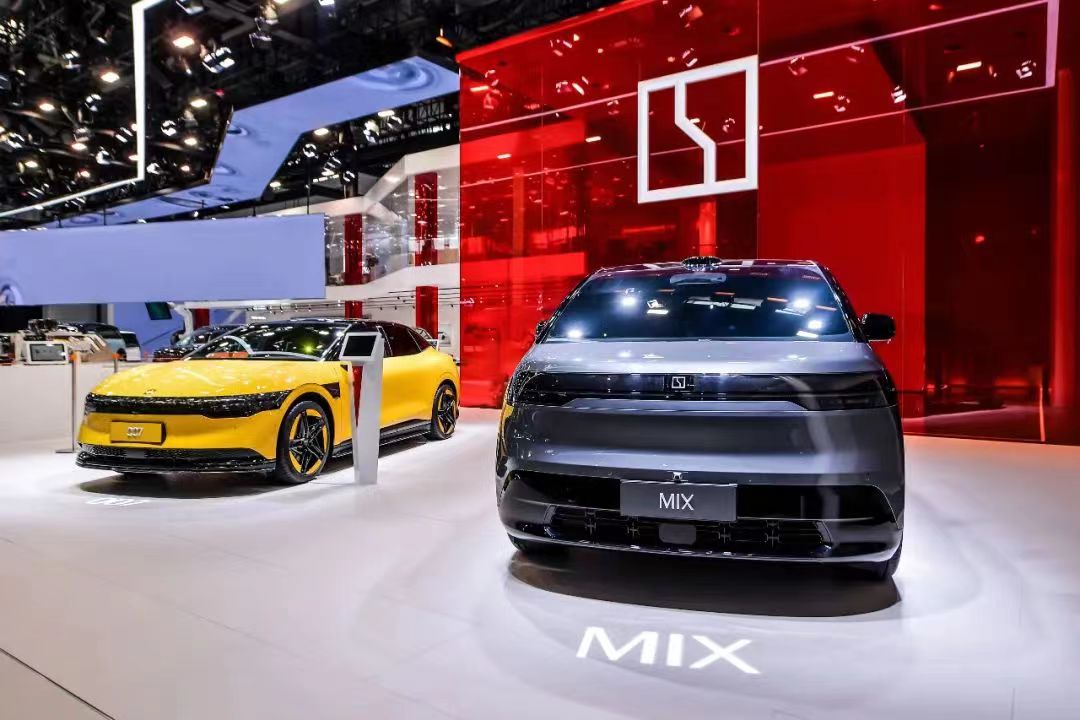Zhejiang Geely Holding Group has made automotive history, surpassing industry giants to become the first Chinese automaker to secure a spot in the global top 10 for auto sales during the January-March period, Nikkei reported. With an impressive sales figure of 730,000 vehicles in the first quarter, the Geely group leaped from 12th place in the same period of 2023 to claim the coveted 10th position. This remarkable achievement saw sales volume surge by an impressive 27% compared to the previous year, overtaking Germany’s Mercedes-Benz Group and BMW in the process.
Joining Geely in the top 20 were fellow Chinese automakers BYD, Changan Automobile, Chery Automobile, and SAIC Motor, marking a significant presence for Chinese brands on the global stage. The rankings, compiled from company disclosures and data provided by survey firm MarkLines, underscored the growing influence of Chinese automakers in the global automotive market.
Despite facing challenges such as the extended Lunar New Year holiday, which typically results in fewer sales days for Chinese automakers, the top five Chinese players in the top 20 saw a collective surge of over 20% in sales volume during the first quarter of 2024. Overall, the top 20 carmakers experienced a modest 2% growth in sales during the same period.
Geely Auto’s core EV brand Zeekr reported stellar performance, with sales of new energy vehicles more than doubling. Similarly, Volvo Car, another subsidiary under the Geely group umbrella, witnessed a commendable 12% increase in sales.
BYD, one of China’s leading electric vehicle manufacturers, reported sales of 620,000 vehicles in the first quarter, marking a 13% increase, with EVs accounting for 300,000 vehicles. However, it trailed behind Tesla, which sold 380,000 EVs during the same period.
Exports played a significant role in driving sales growth for Chinese automakers, with Geely group’s overseas sales soaring by an impressive 43%. BYD also intensified its focus on exports to Europe and Southeast Asia, resulting in a remarkable 150% increase in overseas sales to 98,000 vehicles.
While the Chinese EV market continues to expand rapidly, intense competition has led to a round of price cuts initiated by BYD, followed by other automakers like Changan. As a result, EV prices are nearing parity with conventional gasoline-engine vehicles, intensifying market competition.
Looking ahead, Chinese automakers are increasingly eyeing overseas markets to mitigate supply glut concerns in the domestic market. New energy vehicle exports surged by 78% to 1.2 million vehicles in 2023, with projections indicating a further rise to 3.5 million vehicles by 2025.
However, concerns over unfair competition and potential job losses have prompted reactions from the U.S. and European nations. The U.S. has announced plans to quadruple tariffs on China-made EVs to 100%, reflecting growing tensions in the global auto industry.



